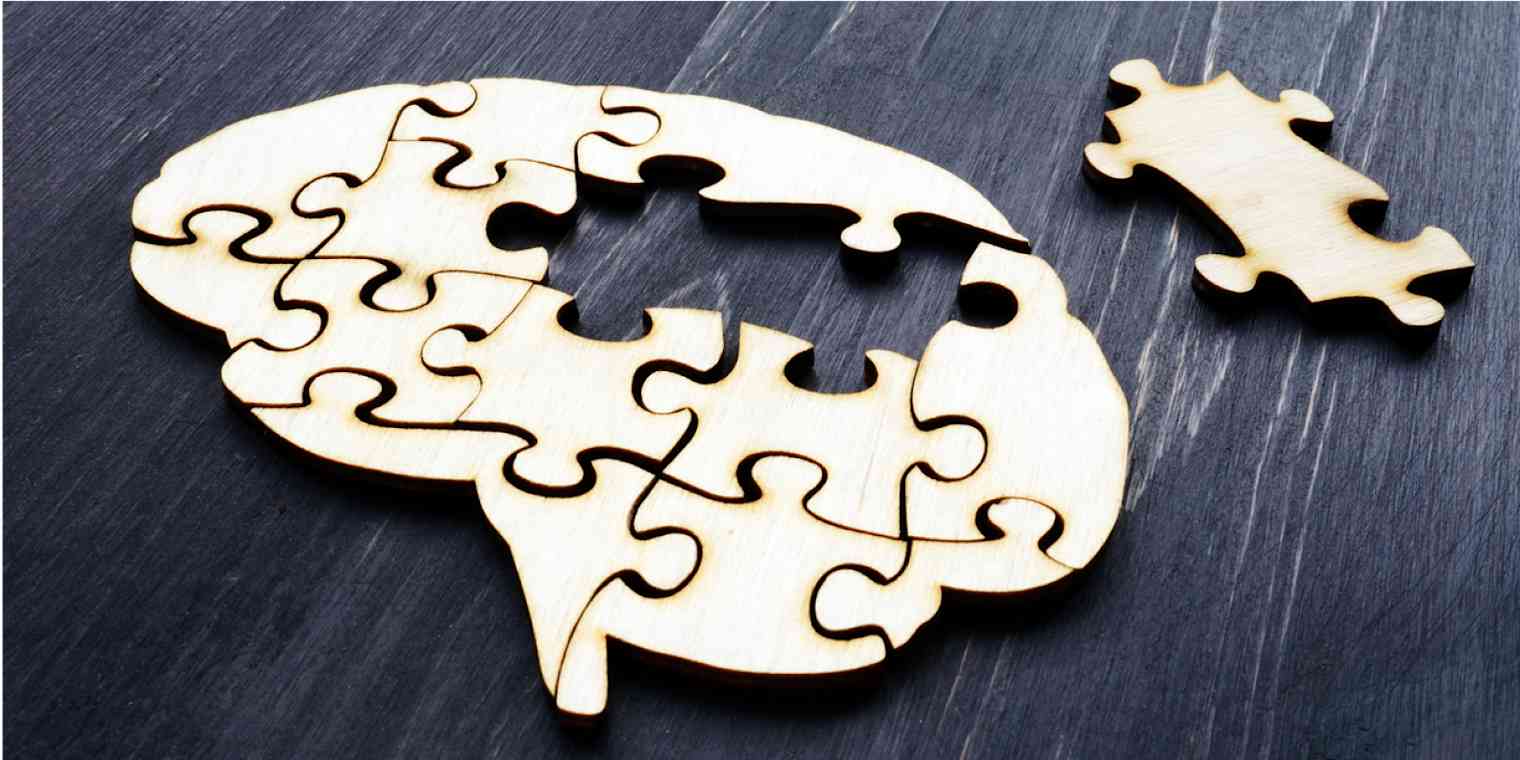In 1963, Jack Goody and Ian Watt described a high-level overview of humanity’s move from predominantly oral cultures to predominantly literate ones, focusing on the consequences of literacy. One of these consequences was a shift in how we remember.
Oral cultures were almost entirely rote memory-based. The next time you feel discouraged about memorizing the contents of your next closed-book exam, take heart in this knowledge of the human ability for recall: for a very long time, the entirety of a culture was held firmly in someone’s skull. Often these societies made use of mnemonic devices and rituals, and also employed professional remember-ers to maintain their store of knowledge.

When I first thought about these professional remember-ers, I was immediately launched back to one of my middle school reading classes, The Giver by Lois Lowry nestled in my hands. But the more I thought, the more I started to think about our more contemporary versions of remember-ers: librarians, archivists, and museum curators.
As holders of our cultural heritage, the memory institutions that are libraries, archives, and museums are in a constant state of flux. While from the outside they seem to be the static, foreboding backbone of the academic enterprise, under the hood their workers are abuzz trying to find ways to best preserve, organize, and make accessible the stuff of our humanity. For example, a 2009 study examined how European Union research projects in archives, libraries, and museums communicated memory and provided recommendations for how information workers can balance their technology and information-centric responsibilities with their role as memory communicators.
These institutions also often carry the burden of ensuring diverse representation in their collections and preserving the history of underrepresented and minoritized groups—groups whose memories have often been intentionally targeted for destruction. The book Tribal Libraries, Archives, and Museums: Preserving Our Language, Memory, and Lifeways describes how memory institutions are working to maintain Indigenous knowledge, tradition, and languages. This requires examining the authority by which certain hierarchies of epistemology are established so that Native voices are prioritized over others when representing their history (a topic also explored in our course by Ellen Cushman’s examination of the Cherokee syllabary).
Oral and literate cultures are very different in the technical processes they employ in remembering, but both employ(ed) professional memory keepers to preserve their cultures. While in oral societies these were people tasked with keeping the glut of culture lodged between their ears, in literate societies they are people with the equally daunting task of collecting, labeling, and organizing the rapidly increasing holdings of our heritage and creating relationships between objects and the mind such that when we engage with these collections, we are not only reading and learning, but also remembering.




 You might be familiar with the movie version one of his more famous works: Arrival. The movie is based on Chiang’s short story titled “The Story of Your Life.” The plot centers around a linguistics professor named Louise Banks who is tasked with deciphering the complex language of aliens who have just arrived in Earth’s orbit. The story delves into ideas about cultural anthropology, the three “-grams”, and the paradigms of memory.
You might be familiar with the movie version one of his more famous works: Arrival. The movie is based on Chiang’s short story titled “The Story of Your Life.” The plot centers around a linguistics professor named Louise Banks who is tasked with deciphering the complex language of aliens who have just arrived in Earth’s orbit. The story delves into ideas about cultural anthropology, the three “-grams”, and the paradigms of memory.